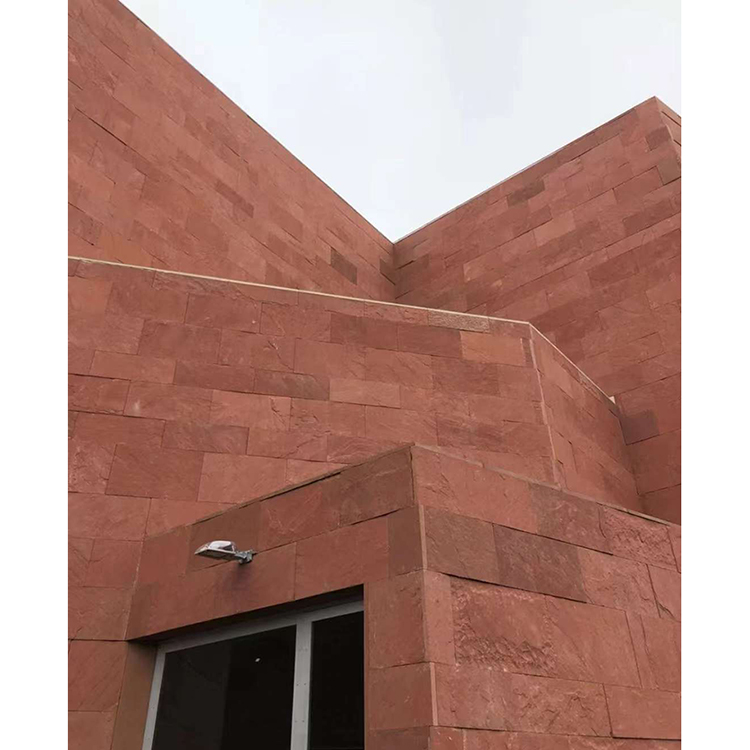Description
Red sandstone has many advantages, such as high durability, good weather resistance, and easy carving and processing. Because of its beauty and versatility, red sandstone is often used as a building and decorative material. In construction, red sandstone is often used to construct facades, walls, floors and steps, etc. In terms of decoration, it can produce various works of art such as sculptures, ornamentation and cultural stones.

| Name | Building stone red sandstone for exterior wall cladding stone tile |
| size: | Tiles: 305*305mm, 300*300mm, 400*400mm, 300*600mm, 600*600mm, other customized.
Slabs: 2400*600-800mm, other customized |
| Thickness | 10mm, 15mm, 18mm, 20mm, 30mm, etc. |
| Applications: | Counter tops, kitchen tops, Vanity tops ,random,carvings columns ,wall cladding,etc. |
| Finishing: | Honed |
| Tolerance | Be calibrated from 0.5-1mm |
| Color: | Yellow,black,white,red,purple wood,green,gray,etc. |
| Packing: |
Fumigated wooden crate |


Red sandstone is also widely used in garden landscape design, it can add natural beauty to the scenic spot and coordinate with the surrounding environment. In addition, red sandstone is also a material widely used in interior and exterior decoration, such as countertops, fireplaces, bathroom basins and floors, wall cladding, etc. Red sandstone has a wide range of applications and can meet the needs of different fields.

Exterior wall sandstone is a commonly used building material, which plays an important role in exterior wall decoration. Sandstone has a naturally beautiful grain and texture that can add unique style and charm to buildings. At the same time, sandstone has high hardness and durability, can resist climate change and daily wear and tear, and maintain a good appearance for a long time. In addition, sandstone also has good heat insulation performance, which can reduce the conduction of indoor and external temperature and provide a comfortable indoor environment.


When choosing sandstone for exterior walls, factors such as the color, grain and texture of the sandstone need to be considered to ensure coordination with the overall architectural style. At the same time, it is also necessary to pay attention to the installation method and construction technology of the sandstone to ensure the stability and aesthetic effect of the sandstone on the outer wall. In actual construction, sandstone is usually chosen to be cut into blocks or slabs, and then pasted or fixed to the exterior wall of the building.





All in all, sandstone for facades is an excellent building finish material that provides aesthetic, durable and insulating properties, adding unique charm and protection to buildings.



It is important to note that the color and texture of red sandstone may vary in different regions and in different deposits. Additionally, when working with red sandstone, its physical and chemical properties need to be considered to ensure its proper use and maintenance. For example, red sandstone is sensitive to acidic substances, so in some specific environments, additional protection measures need to be taken.

-

Bulgaria vratza beige limestone marble tiles fo...
-
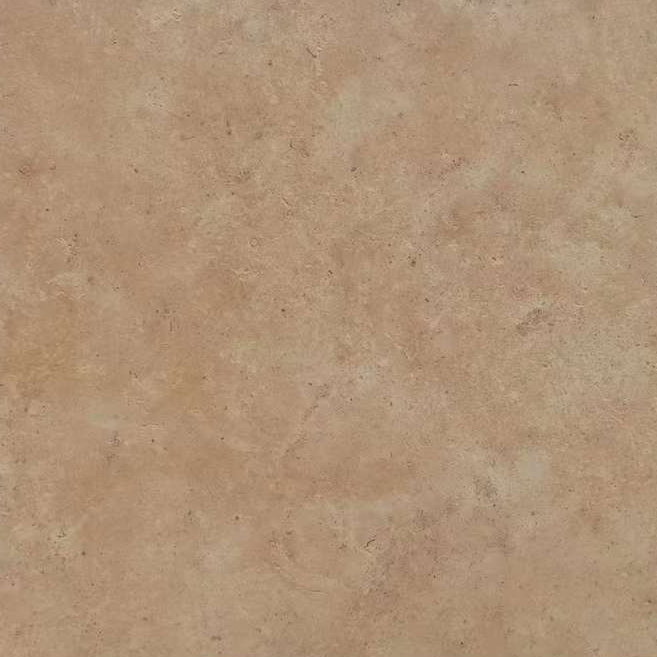
Cheap price natural stone honed white limestone...
-
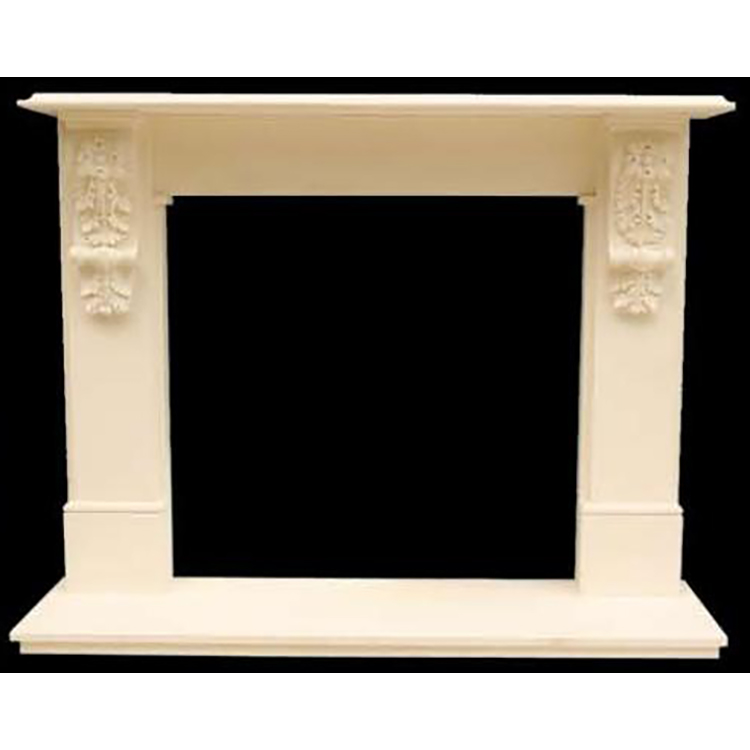
Classic natural stone mantel limestone fireplac...
-

High quality Portugal moca cream beige limeston...
-

Modern exterior facades wall cladding beige lim...
-
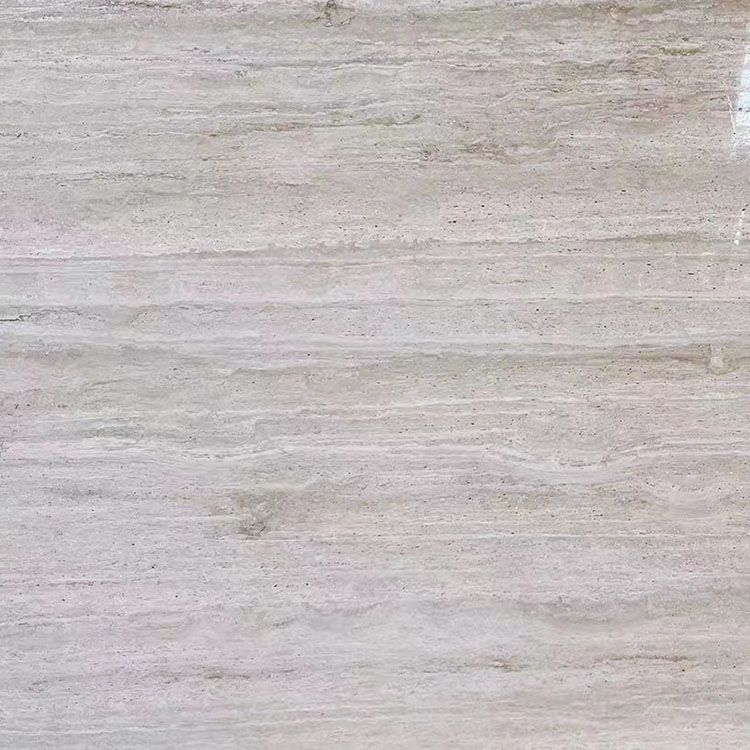
60×60 polished light white marble traverti...
-
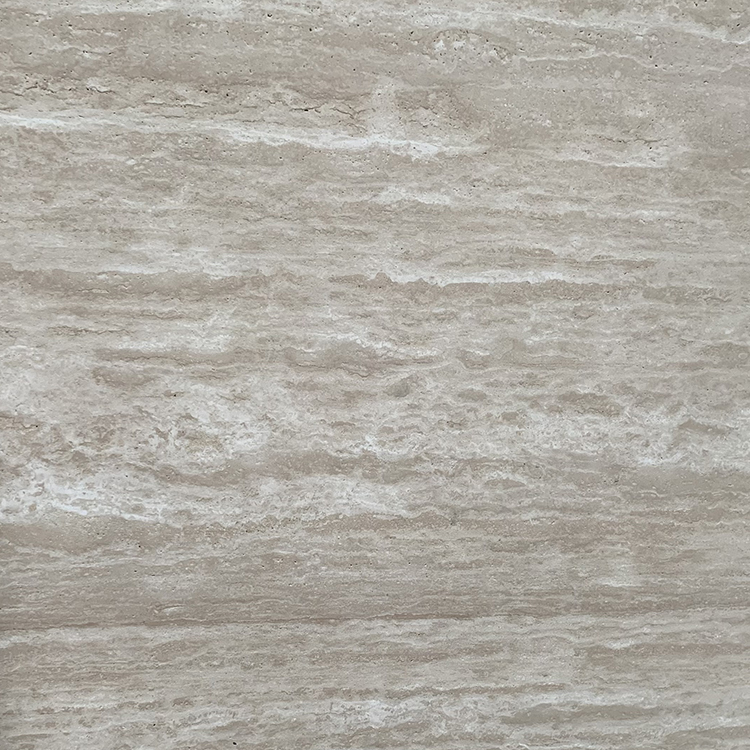
Cheap marmer Iran light cream travertine natura...
-

Dining room furniture nature round marble stone...

